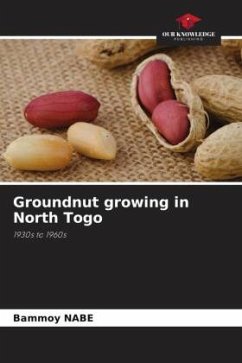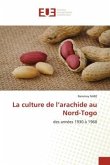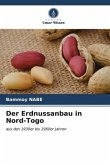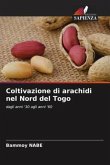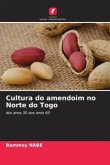Peanuts, whose scientific name is "arachis hypogea", this oilseed of South American origin, introduced to African coasts by slave traders between the 16th and 19th centuries, became a compulsory crop for all taxpayers in the circles of North Togo from 1935, under the effects of the economic crisis of the 1930s, until 1960, under the supervision of the Sociétés Indigènes de Prévoyance (SIP). The production, marketing and consumption of groundnuts set the pace for the economic and social life of the region's populations. Although a small producer in comparison with other West African territories, notably Senegal, Togo under French administration was nonetheless a regional development crop. In this book, the author examines the conditions under which groundnuts integrated the populations of North Togo into the territory's trading economy, and thus into the global economy, with all its advantages and disadvantages.
Bitte wählen Sie Ihr Anliegen aus.
Rechnungen
Retourenschein anfordern
Bestellstatus
Storno

